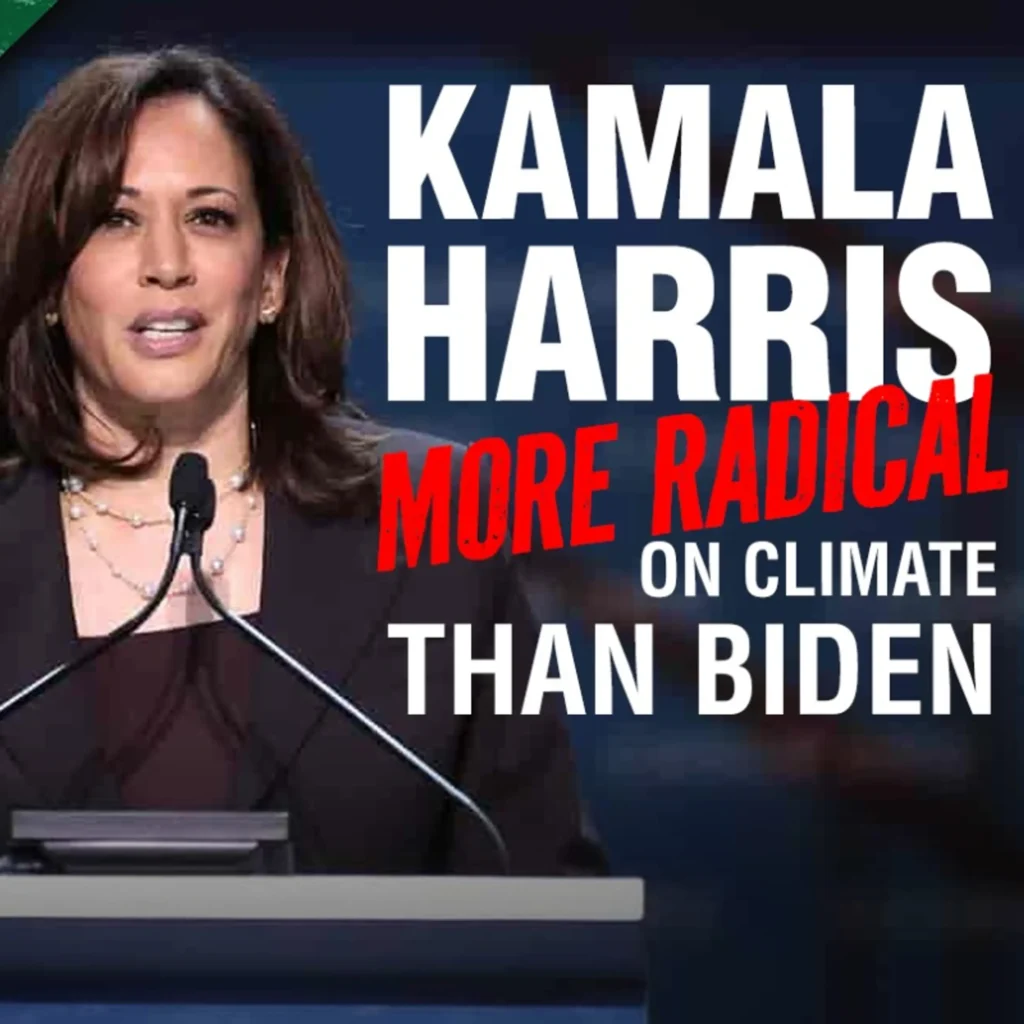The sixth annual Conference of the Parties (COP) to the climate treaty, involving all 180 national delegations, met in Bonn and activated the Kyoto Protocol (KP), designed to limit emissions of greenhouse gases. The United States abstained, with George Bush calling the KP “fatally flawed.”
It was a big triumph of bureaucracy over the atmosphere–and an adequate validation of the Bush position. The KP was ineffective to start with; it will be even less effective now that the COP made substantial concessions to key non-European nations who were holding out for a better deal: Japan, Canada, and Russia.
They all got big concessions for forest sinks; instead of cutting CO2 emissions by the required amounts, they only need to watch their trees grow. No wonder the Greens have mixed feelings. And emission trading can ease the burden further. Russia will be glad to sell its unused CO2 credits of “hot air,” now enhanced by their forest sinks.
With enforcement still up in the air, at the very best, Kyoto will reduce the calculated temperature in 2050 by 0.02 degrees C. (That’s one-fiftieth of a degree and cannot even be measured with an ordinary thermometer.) More likely, the Protocol will do nothing for the climate.
The coming into force of the KP still depends on the approval of the 38 legislatures of industrialized nations. They may have second thoughts once they gauge the cost to their national economies. Until 55 percent of these nations emitting at least 55 percent of greenhouse gases sign up, it’s not a done deal.
One thing for sure. COP meetings will continue, with lifetime careers for some 2,000 civil servants, mostly paid by the United Nations. This giant bureaucratic apparatus will not only survive but grow by leaps and bounds, adding inspectors and legal experts to the UN, and many more to the signing nations who will have to defend themselves against an army of international bureaucrats not accountable to the nations paying their salaries.
The control costs are considerable; they are estimated to double electric rates to European consumers and raise their already-high price of motor fuels by further taxes. On top of the huge administrative costs, there are also the direct subventions to be paid to 140 developing countries to finance their eventual transition to lower greenhouse emissions. Let’s see how European politicians deal with their citizens–in light of the revolt of the truckers last autumn in Western Europe.
The real irony is that had the COP accepted the compromises offered by the United States in November 2000 at The Hague, the concessions might not have been necessary and the U.S. would be part of the deal. (And the temperature reduction might have been 0.05 degrees, equally unimpressive.)
Quick impressions of COP-6
- The high degree of security, with green-suited police everywhere, but no violence.
- The usual delegations from some 180 nations, plus Green NGOs, and a full turnout from the media.
- Our Student Climate Crusade made a big impact, with full press and TV coverage. They were a noisy bunch, complete with a chicken and a cow costume, a big drum, and home-made posters. It attracted attention and gained us a lot of interviews, including with BBC World TV and with the top British science journalists. (See Reuters report below). Also with French, Finnish TV, and Italian and Japanese press.
- Our climate science and economics briefings attracted a Vice Minister of Environment from Japan. Separately, we briefed the Environment Minister from Luxembourg.
- A Congressional delegation, headed by Senators Bingaman and Lieberman, made no perceptible impact.
- And the final outcome: A real nothing-burger. After major concessions to Japan, Canada, and Russia on forest sinks, the Kyoto Protocol will be even less effective. No real enforcement and no ratification as yet, and no detailed national policies on how to get emission cuts.
So it’s on to COP-7 in Morocco on October 28 for yet another two-week round.
Reflections after Bonn
Why did George W. Bush do so well at the G-8 meeting in Genoa while taking lumps in Bonn?
In Genoa you had the real leaders, who are well aware of the adverse economic impact of a Kyoto Protocol. More importantly, they are the ones who would have to get it ratified and then pass the policies to affect energy cuts–by taxes or rationing. Not a good way to get re-elected, is it?
By contrast, in Bonn you had the environment ministers, grandstanding for their Green constituents and the press by attacking Bush. [The German environment minister Trittin once was a Green terrorist.]
Was anything accomplished in Bonn? Not according to the Economist (July 28): Without the U.S., and with major concessions to Japan, “Bonn saved the Kyoto Pact–in name, for now. Big deal.”
Trouble looms for Kyoto even in Europe. Some straws in the wind: The European Commission postponed its expected draft directive on mandatory “cap-and-trade” for carbon dioxide because European businesses complained about the cost, including even BP with its carefully cultivated Green image.
And what about the EU’s subsidies for coal, that prolific emitter of CO2: Supposed to be phased out from July 2002, they were extended for another decade.
Now let’s see which countries actually ratify Kyoto and pass legislation to accomplish its goals.
Big oil funds greens
Climate Strategies, a new pan-European network of senior climate researchers and social scientists, was formed to shape the post-Kyoto debate by keeping policymakers abreast of relevant climate data. “We’ve come up with great ideas in the past, but it’s been too late,” says Benito Müller, an expert on the Kyoto Protocol at the Oxford Institute of Energy Studies and a founding member of the group, which announced its formation at a press briefing on July9.
Funded by a seed grant from the Shell Foundation, Climate Strategies argues in two reports that U.S. opposition to Kyoto should not torpedo the 1997 agreement. “Kyoto is a huge investment in intellectual and research effort, and renegotiating a new protocol would not necessarily give a better product–and would waste another 10 years,” says Michael Grubb, a professor of climate change and energy policy at Imperial College (London) and leader of the group.
Comment: They don’t give up, do they? Too bad about their intellectual investment in Kyoto. These political scientists don’t know from climate data even if it hit them in the face. But why would Shell support this reactionary group?
More on student climate crusade
We consider this first Student Climate Crusade in Bonn an unqualified success. There has never been a demonstration at a Climate Conference in support of the U.S. position (as expressed by the 1997 Senate vote and by George Bush). We may do it again, with the cooperation of CFACT and The Leadership Institute, and involve other organizations opposed to Kyoto.
S. Fred Singer, professor emeritus of environmental sciences at the University of Virginia and president of the Science and Environmental Policy Project, shares his thoughts on environment and climate news stories of the month. Singer’s The Week That Was columns can be found at www.sepp.org.




